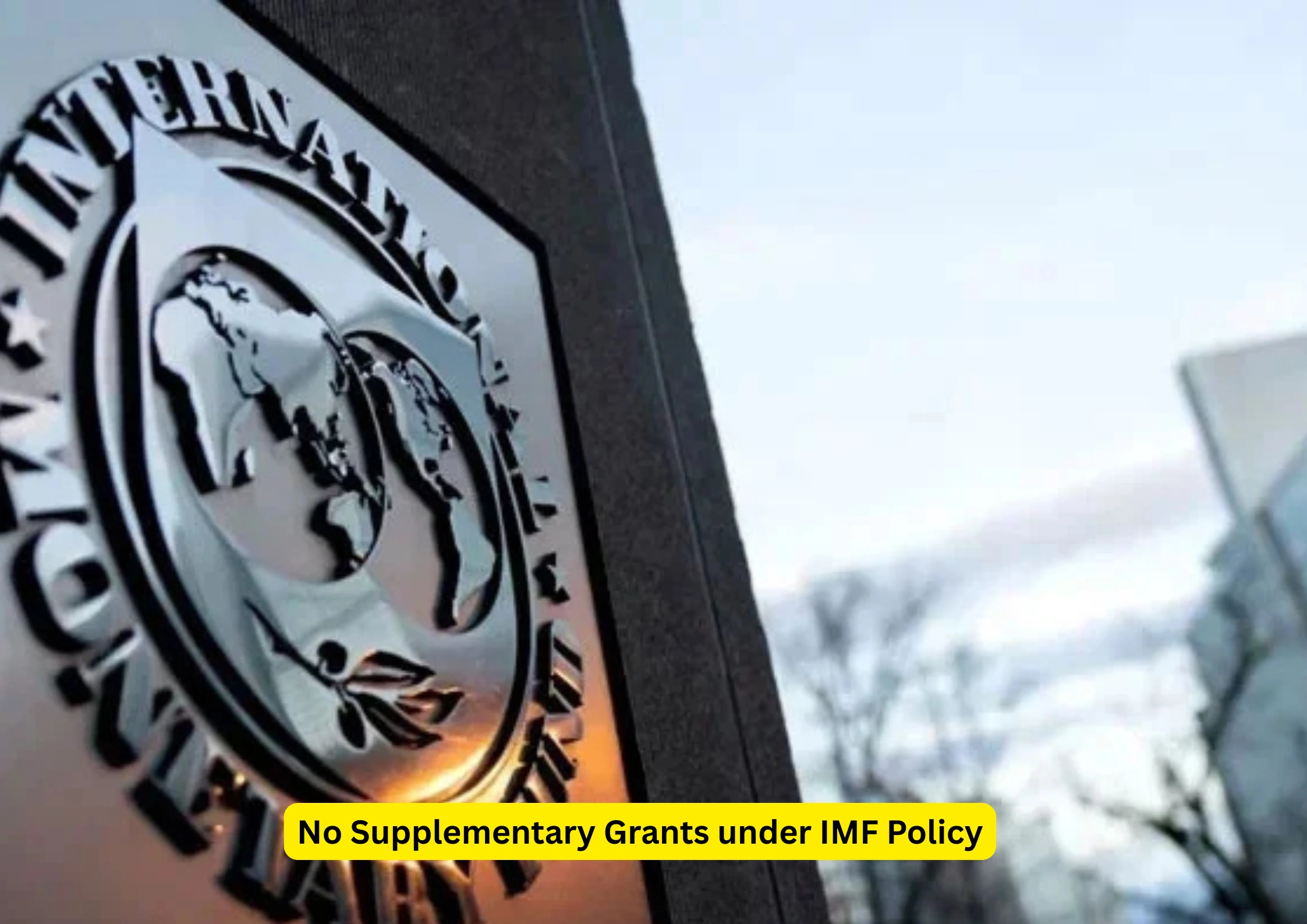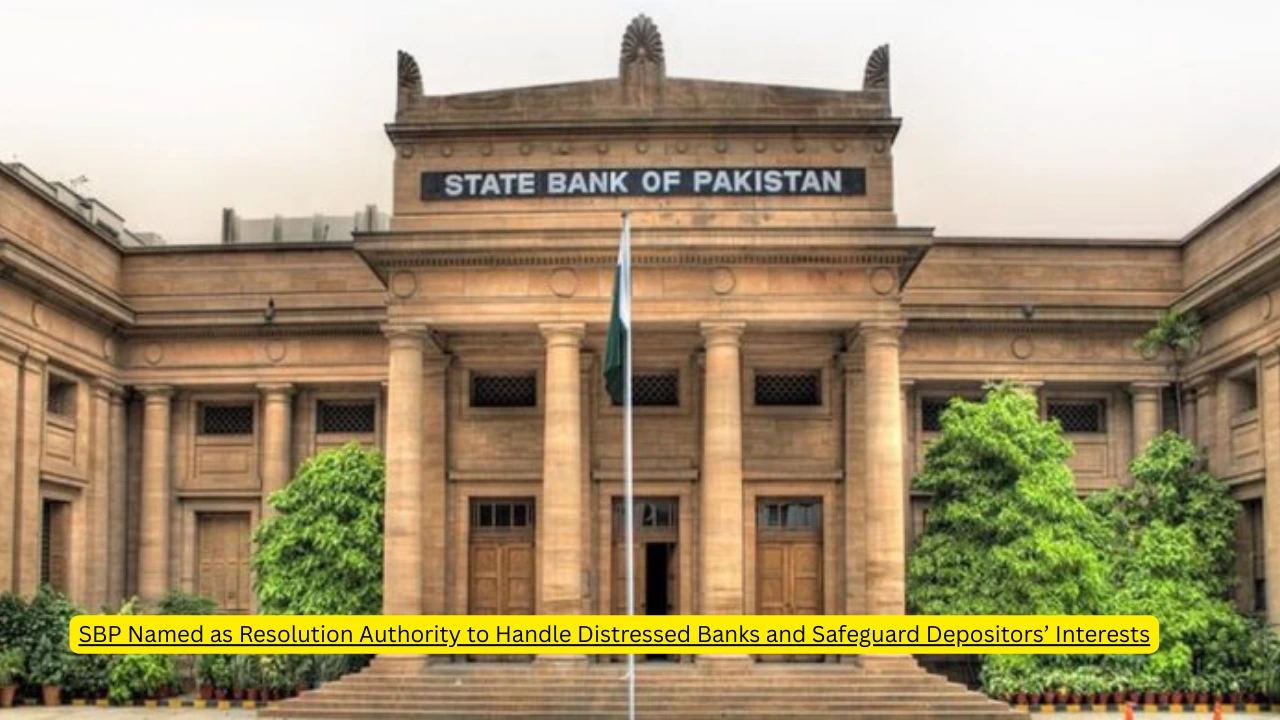In recent months, Pakistan’s economy has faced strict conditions under the IMF policy. The government has confirmed that no supplementary grants will be issued, signaling a major shift in how fiscal spending is managed. This decision highlights the broader challenges of balancing economic reforms with public expectations.
IMF Policy and Its Impact
The IMF policy requires strict control over government spending. The government will stop extra grants that usually cover expenses beyond the budget. By removing this practice, the government aims to enforce fiscal discipline and reduce the budget deficit.
For Pakistan, this step is crucial to meet loan conditions and maintain access to international funding. “If Pakistan does not comply, the IMF will stop loans and this will risk financial stability.
Why Supplementary Grants Are Restricted
Supplementary grants allowed ministries and departments to exceed budget limits. This practice often increased the fiscal deficit and led to higher borrowing.The IMF policy considers such spending unsustainable
By eliminating supplementary grants, the government wants to:
- Improve transparency in public finances.
- Keep the fiscal deficit under control.
- The government must follow budget plans strictly
Broader Economic Reforms
This restriction is part of wider reforms tied to the IMF policy. Other measures include:
- Increasing tax collection.
- Reducing subsidies.
- Controlling circular debt.
- Limiting unnecessary government spending.
Effects on the Public
The absence of supplementary grants means fewer funds for unexpected projects or relief packages. This can affect development programs, subsidies, and even emergency spending. For citizens, the result could be delayed projects and tighter access to government support.
At the same time, the IMF policy pushes the government to prioritize critical sectors like health, education, and infrastructure. If managed wisely, this can lead to better resource allocation.
Global Context
Pakistan is not alone. Many countries under IMF policy have faced similar restrictions. From Greece to Sri Lanka, governments have had to adjust budgets, cut subsidies, and limit spending. These measures are part of a broader effort to restore investor confidence and strengthen economies hit by debt.
Challenges Ahead
While the IMF policy enforces discipline, it also creates challenges:
- Slower development spending.
- Public dissatisfaction due to reduced subsidies.
- Political resistance to austerity measures.
Balancing reforms with public welfare will remain one of the toughest tasks for policymakers.
Future Outlook
The ban on supplementary grants reflects a commitment to fiscal reforms. If Pakistan can maintain discipline under the IMF policy, it will improve credit ratings, attract investment, and reduce dependency on external loans.
The journey will be difficult, but sticking to reforms may open the door to long-term growth and stability.
If you read Govt Decides to Deregulate Sugar Sector: Minister then click here.



One thought on “No Supplementary Grants under IMF Policy”